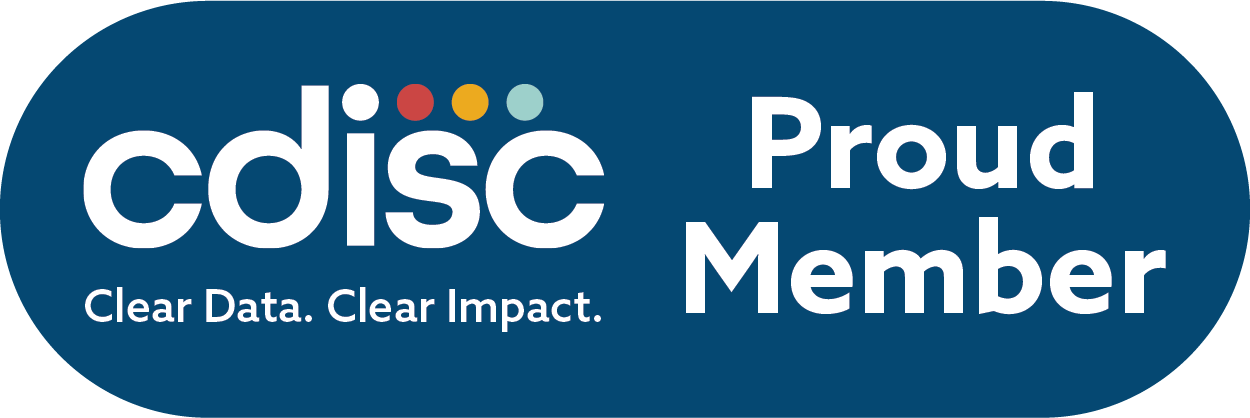World Health Day: 3 use cases of AI helping science
World Health Day: 3 use cases of AI helping science

World Health Day
World Health Day
World Health Day
By Sofía Sánchez González
Every year on April 7 we celebrate World Health Day to commemorate the founding of the World Health Organization in 1948. And today we want to highlight the contributions that science and technology have made toward achieving this year’s goal of #HealthforAll. In particular, artificial intelligence takes on a more than a relevant position as we’ve been able to witness in recent years.
Artificial intelligence + health: Advances
Artificial intelligence has many uses in everything from marketing to media and everywhere in between. But without a doubt, the role it has in science has led us to great milestones. Although it is true that lately we only hear the term “artificial intelligence” associated with ethical challenges, we cannot forget that it was thanks to its use that we created a vaccine for COVID-19 in record time.
At Narrativa, our main goal is the application of technologies such as NLP and NLG to help science advance and achieve drug approvals in the fastest possible ways. This is how:
3 use cases of AI helping Science
1.Patient safety narratives automation
When scientists conduct clinical trials to test new medicines or treatments, they collect a lot of data and information about the patients who participated in the study. This information is then used to create reports about the safety and effectiveness of the medicine or treatment. Patient safety narratives are an important part of these reports, as they describe any adverse events or side effects that patients experienced while participating in the study.
However, writing these patient safety narratives can be time-consuming and repetitive, especially if there were many patients in the study. This is where automation comes in. By using Natural Language Generation (NLG) and Artificial Intelligence (AI), scientists can automate certain parts of the report-writing process.
This means that they don’t have to spend as much time writing the same things over and over again, and they can focus on more important tasks. Automating the patient safety narrative generation process can also help ensure that the information is accurate and consistent across all reports. It enforces the use of a common data source, which means that all reports are based on the same information. This makes it easier to compare results across different studies and to ensure that the medicine or treatment is safe for use.
Overall, automating the patient safety narrative generation process is a valuable tool for scientists conducting clinical trials. It helps save time, improve accuracy and consistency, and speed up the regulatory approval process, all of which are important for getting safe and effective medicines and treatments to the people who need them.

World Health Day: 3 use cases of AI helping science
2. Clinical trial TLFs automation
Tables, Listings, and Figures (TLFs) are important tools used to summarize the data from clinical trials in a clear and easy-to-understand format. They are created by specialized programmers and statisticians who work for the organization conducting the study. The TLFs help researchers understand the results of the study by presenting the data in a way that are easy to read and interpret. This information is then used to make important decisions about new treatments and medications.
Medical writers use TLFs to create reports and documents about the study. This is a critical step because these reports are used by regulatory authorities to make decisions about whether to approve new treatments and medications. Some TLFs are simple and straightforward, while others require more explanation. Medical writers may need to spend a lot of time interpreting the TLFs to make sure they understand what the data mean. They may also need to go back and forth between different TLFs to check for consistency and accuracy.
While TLFs are important tools for understanding clinical trial data, creating and using them can be a time-consuming and complicated process. The programmers and statisticians need to check the data to make sure they are accurate and reliable. If the medical writers want to change anything in the TLFs, the programmers may need to rewrite the code that created the TLFs. This means more checking and validation is needed to make sure the new TLFs are correct. All this work can cause delays in getting the final reports to the regulatory authorities, which can be a problem because they need to review the data before they can approve new treatments or medications.
3. Automation of clinical study reports
The automation of clinical study reports helps pharma companies create more efficient processes and scale down costs. At the same time, they can better adhere to guidelines and reduce the number of mistakes and, as a result, also the number of reviews. For example, the automation of TLFs and patient safety narratives has proven to be of significant value to our partners in terms of reducing the time, effort, and cost needed by their medical writing teams to create CSRs.
It is part of Narrativa’s mission to use technology for good, and transforming medical trial data into documentation is certainly a way that artificial intelligence can be democratized for the benefit of humanity.
About Narrativa
Narrativa® is the global leader in generative AI content automation. Through the no-code Narrativa® Navigator platform and the collaborative writing assistant, Narrativa® Sidekick, organizations large and small are empowered to accelerate content creation at scale with greater speed, accuracy, and efficiency.
For companies in the life sciences industry, Narrativa® Navigator provides secure and specialized AI-powered automation features. It includes complementary user-friendly tools such as CSR Atlas, Narrative Pathway, TLF Voyager, and Redaction Scout, which operate cohesively to transform clinical data into submission-ready regulatory documents. From database to delivery, pharmaceutical sponsors, biotech firms, and contract research organizations (CROs) rely on Narrativa® to streamline workflows, decrease costs, and reduce time-to-market across the clinical lifecycle and, more broadly, throughout their entire businesses.
The dynamic Narrativa® Navigator platform also supports non-clinical industries such as finance, marketing, and media. It helps teams drive measurable impact by creating high-quality, scalable content on any topic. Available as a self-serve SaaS solution or a fully managed service, built-in AI agents enable the production, refinement, and iteration of large volumes of SEO-optimized news articles, engaging blog posts, insightful thought leadership pieces, in-depth financial reports, dynamic social media posts, compelling white papers, and much more.
Explore www.narrativa.com and follow on LinkedIn, Facebook, Instagram, and X. Accelerate the potential with Narrativa®.



